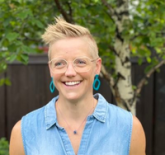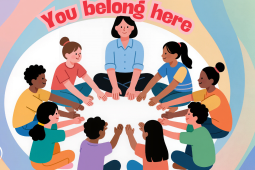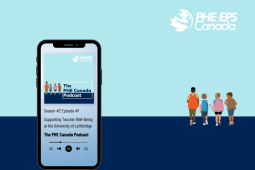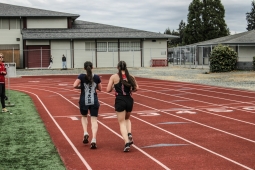Sharing Teaching Experiences (Part Three): Logistics of Studying PHE Abroad
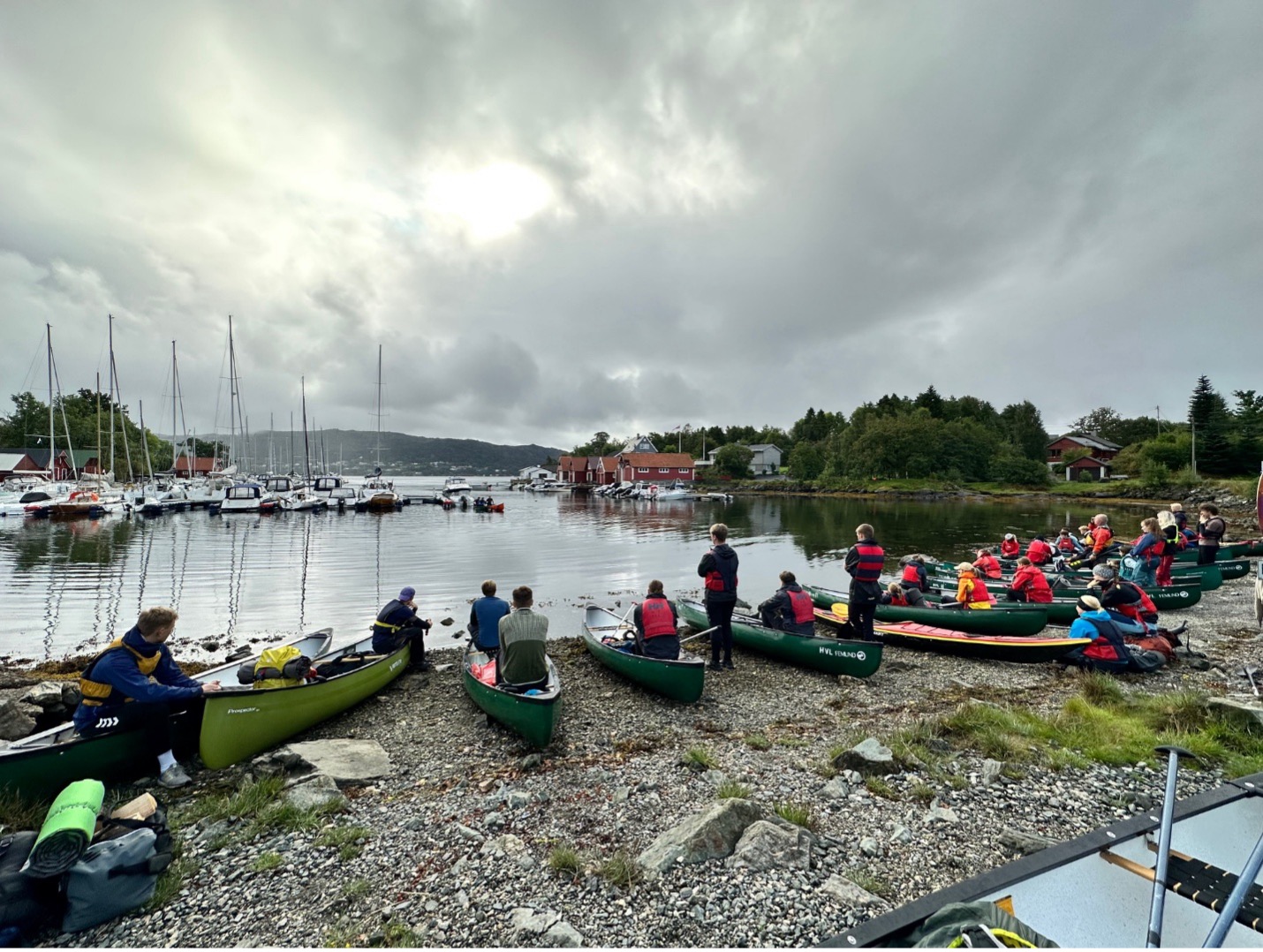
Two teacher education programs, Western Norway University of Applied Sciences (HVL) in Norway and Mount Royal University (MRU) in Calgary, have been collaborating in the field of Physical and Outdoor Education in teacher education. The partnership between the two institutions received funding back in 2019 from NOTED (Norwegian Partnership Program for International Teacher Education) to increase student exchange opportunities, collaborate on faculty research, and strengthen international partnerships.
A strength of this partnership is the robust relationship that has been built between institutions. This relationship has allowed undergraduate students or pre-service teachers (PSTs) to more easily exchange, staff and faculty to learn about international contexts, and has created a space for innovative pedagogical ideas and future thinking. A series of three articles will refer to the Outdoor Education Partnership and is authored by three teacher educators: Torbjørn Lundhaug (HVL, article one), Helga Aadland (HVL, article two), and Shannon Kell (MRU, article three). The articles are useful to those in the PHE field(s) to demonstrate how there is much to learn from looking beyond our own borders but that we also have similarities. Often this learning takes work and commitment but has fantastic payoffs in terms of professional development, teaching practice and pedagogy, philosophies of learning and teaching, and friendships. This is article three of three and will discuss some of the logistics of choosing to study PHE abroad. Click here to read the first and second article.
Why do we support PSTs studying abroad?
Studying abroad can be concurrently exciting and daunting. The Outdoor Education Partnership managed to survive the pandemic and has since supported eight students (three from MRU and five from HVL) realize the dream of spending a semester abroad. As a group of teacher educators, we have learned so much about the logistical challenges of this work. However, the rewards are invaluable. We know that each PST who pursues the ambition of studying abroad helps create a more smooth path for the next.
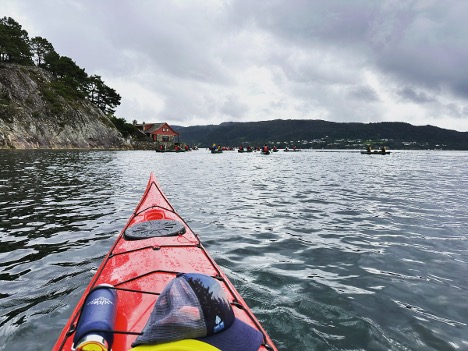
Navigating and Overcoming Challenges
1. Making known the existing opportunities.
PSTs may not realize what opportunities exist to study abroad. In Europe, it is more common to study abroad than in Canada due to programs that already exist within their institutions. For example, oftentimes, a semester abroad is required before teacher education graduation. At our institutions, HVL and MRU, we have staff who focus on this work of facilitating exchange opportunities for studying and learning abroad. At MRU, the International Education office has a team of fantastic colleagues who we have leaned on during every step of this process. HVL also has many colleagues supporting international collaborations for staff/faculty and student exchanges.
2. Assuring PSTs that studying abroad is an invaluable opportunity.
Of course, there will be compromises, starting with choosing an appropriate semester and courses that will fit within their current program of study. Sometimes a course will not directly transfer. This is particularly true of a professional program such as education, which is regulated by a governing body. For example, a required Canadian math education course may not be offered at the partner institution in English or it may look and feel different with varying content. At HVL, many courses are bundled together to create a wonderful interdisciplinary and pedagogically relevant semester; one such example is a pedagogy course that includes outdoor, aesthetic, and math education. While at first glance, a student from MRU may look at the course description online and not see alignment. On the contrary, this is a great opportunity to learn about math, in this example, within an integrated educational context.
A related challenge is to confirm course transfer credits. It has been the duty of the faculty member(s) to undertake this process which involves looking at the details for each course (i.e., assessments and content) to ensure the student will still gain the appropriate knowledge and skills. It is understood that not every detail will align. However, if the essence is similar and the outcomes are equal, then an agreement for equivalency can be made and this approval holds for each subsequent application. After all, the experience of living and learning abroad includes invaluable life-skills and real-life evaluations!
3. Perseverance is vital to the process.
Once a PST has decided to pursue a semester abroad, the excitement builds. But, there are still many steps remaining. The student may need to attend information sessions and obtain a study permit or visa. This may feel daunting, but good news is that many people at the university can support this journey. In addition, many exchange programs, such as The Outdoor Education Partnership between HVL / MRU, have some funding for students to offset costs. Additionally, accommodations for exchange students are reserved and colleagues/peers at a partner institution will welcome the students on arrival which helps the transition feel less daunting.
Moving Forward: Recruiting More PSTs to Study Abroad
We know we have much to improve upon as we apply for the next iteration of funding. Since beginning the Outdoor Education Partnership we have learned of so many already existing supports and systems that we can lean on to provide studying abroad experiences for PSTs. For example, we can:
- Create promotional materials and videos by using media labs that already exist on-campus to advertise opportunities.
- Streamline the process of course selection and alignment for students by identifying ideal mobility windows within respective programs, as well as create a more concrete list of already-approved courses.
- Work with colleagues who are already involved in different international projects and learn from them. For example, we can implement distance learning such as COIL (Collaborative Online International Learning) and we can review our own courses to develop better alignment with our partners’ programs.
- Look to the students who have returned from a successful semester abroad and seek their mentorship to create a connection for new outgoing students.
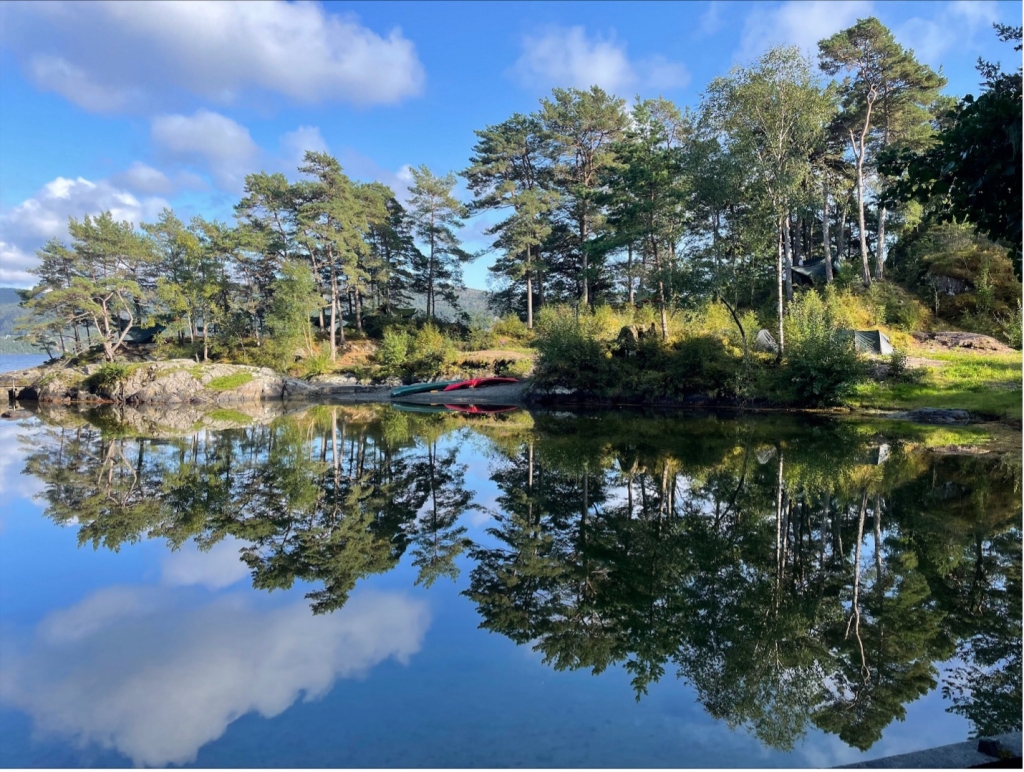
Are you a PHE PST interested in studying abroad and/or doing a semester exchange?
If you are interested in international collaborations, teaching abroad, or if you are a PST student and would like to study abroad, the first step is to contact your institution’s international office. Many institutions have a list of international partnerships that they have already established. This list is likely published online and you can do a preliminary search of courses or interesting programs that might exist at that institution abroad. It could even be that many courses are already approved to transfer to your study program; begin by asking questions.
If you are thinking about your next steps, and/or looking to expand your knowledge in the world of PHE, I would recommend enrolling as a Mentee with PHE Canada’s National Mentorship Program. Whether you are in university, early in your teaching career, or simply new to teaching PHE, this free program gets you connected with an experienced and knowledgeable mentor identified specifically for you in the areas of K-12 education, educational leadership, research, and/or teacher education in Canada or abroad. If you are interested, create a free PHE Canada Student Member account and list in your mentee application “learning more about the process of teacher education exchange abroad” and get matched with me as your National Mentor.

